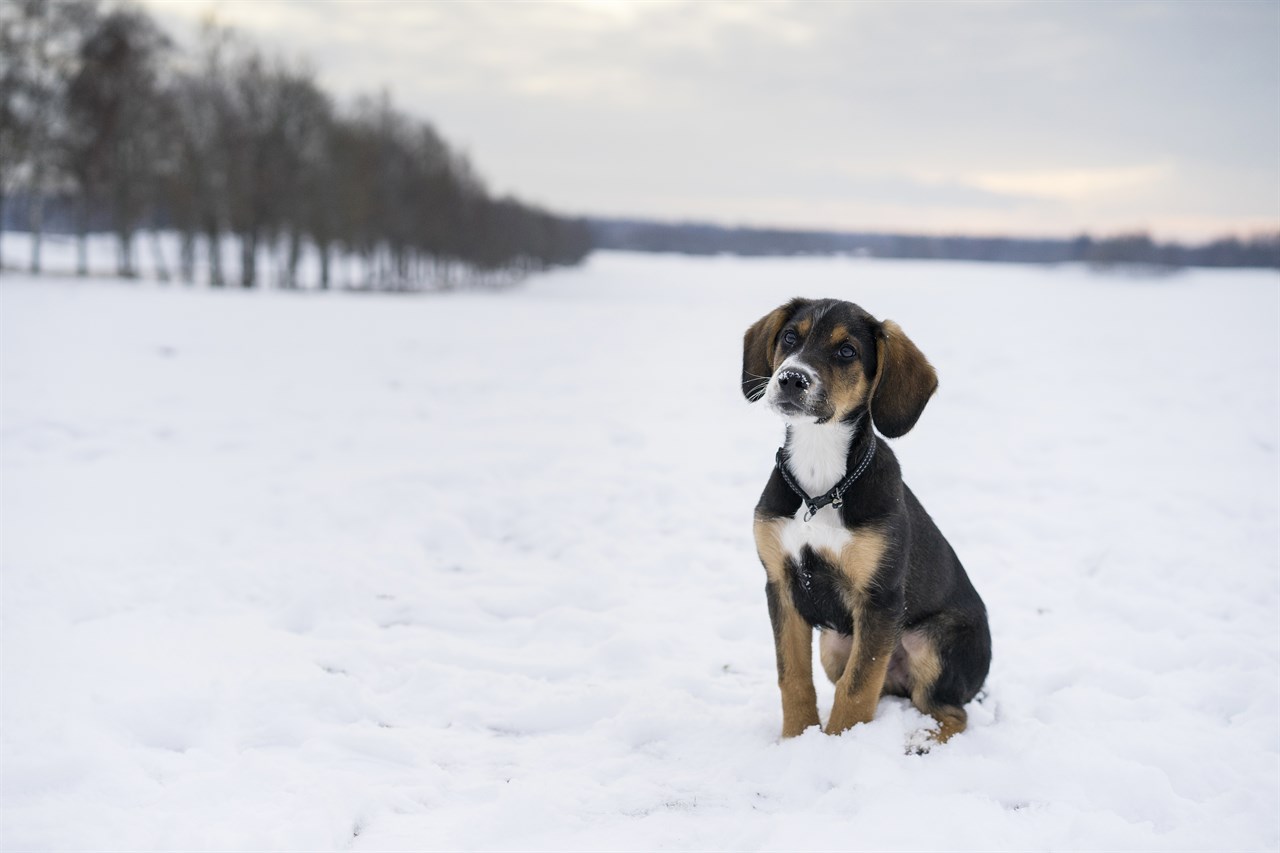Feeding Habits and Food Requirements of the Harrier: Fuelling Your Energetic Hound

Harriers are energetic and active dogs that require a balanced and nutritious diet to support their overall health and vitality. Proper feeding habits and food choices are essential to ensure your Harrier remains happy and healthy throughout their life. Here's a comprehensive guide to the feeding habits and food requirements of the Harrier breed.
Age-Appropriate Feeding
Harrier puppies, adult dogs, and seniors have different nutritional needs. Ensure that you are providing age-appropriate food to meet their specific requirements. Puppies require food formulated for growth, while seniors may need a diet tailored to their age-related needs.
High-Quality Dog Food
Choose a high-quality commercial dog food that is specifically formulated for medium-sized, active breeds. Look for options that list meat as the first ingredient and avoid foods with excessive fillers or artificial additives.
Portion Control
Monitor your Harrier's portion sizes to prevent overfeeding or underfeeding. Follow the feeding guidelines provided on the dog food label, but also consider your dog's activity level and individual metabolism.
Meal Frequency
Most Harriers do well with two meals a day, one in the morning and one in the evening. Puppies and very active dogs may benefit from three meals a day when they are young.
Avoid Overfeeding
Harriers are prone to obesity if overfed or given excessive treats. Be mindful of the calories your dog consumes, and limit treats to prevent weight gain.
Fresh Water
Always provide access to fresh, clean water. Proper hydration is essential for your Harrier's overall health and well-being.
Avoid Human Food
While it can be tempting to share human food with your Harrier, it's generally best to avoid feeding them from your plate. Many human foods can be harmful to dogs, and some can cause digestive issues.
Special Dietary Needs
If your Harrier has specific dietary needs or allergies, consult with your veterinarian to choose an appropriate dog food or consider a hypoallergenic or speciality diet.
Weight Management
Monitor your Harrier's weight and body condition regularly. Adjust their portion sizes and activity level as needed to maintain a healthy weight. Obesity can lead to various health issues in dogs.
Be Mindful of Treats
Use treats as rewards during training or for special occasions. Opt for healthy, dog-specific treats and limit their intake to prevent excessive calorie consumption.
Consult with a Veterinarian
Regularly consult with your veterinarian to ensure that your Harrier's diet meets their specific needs. They can provide guidance on portion sizes, dietary adjustments, and any health concerns.
Transitioning Foods
If you need to change your Harrier's food, do so gradually by mixing the new food with the old over the course of several days. This gradual transition helps prevent digestive upset.
In conclusion, providing your Harrier with a well-balanced and nutritious diet is crucial for their overall health and well-being. Consistency in feeding habits, portion control, and monitoring their weight are essential practises. Remember that every dog is unique, and consulting with a veterinarian will help you make the best dietary choices for your individual Harrier's needs. A healthy diet will support their energy levels and contribute to a long and happy life.